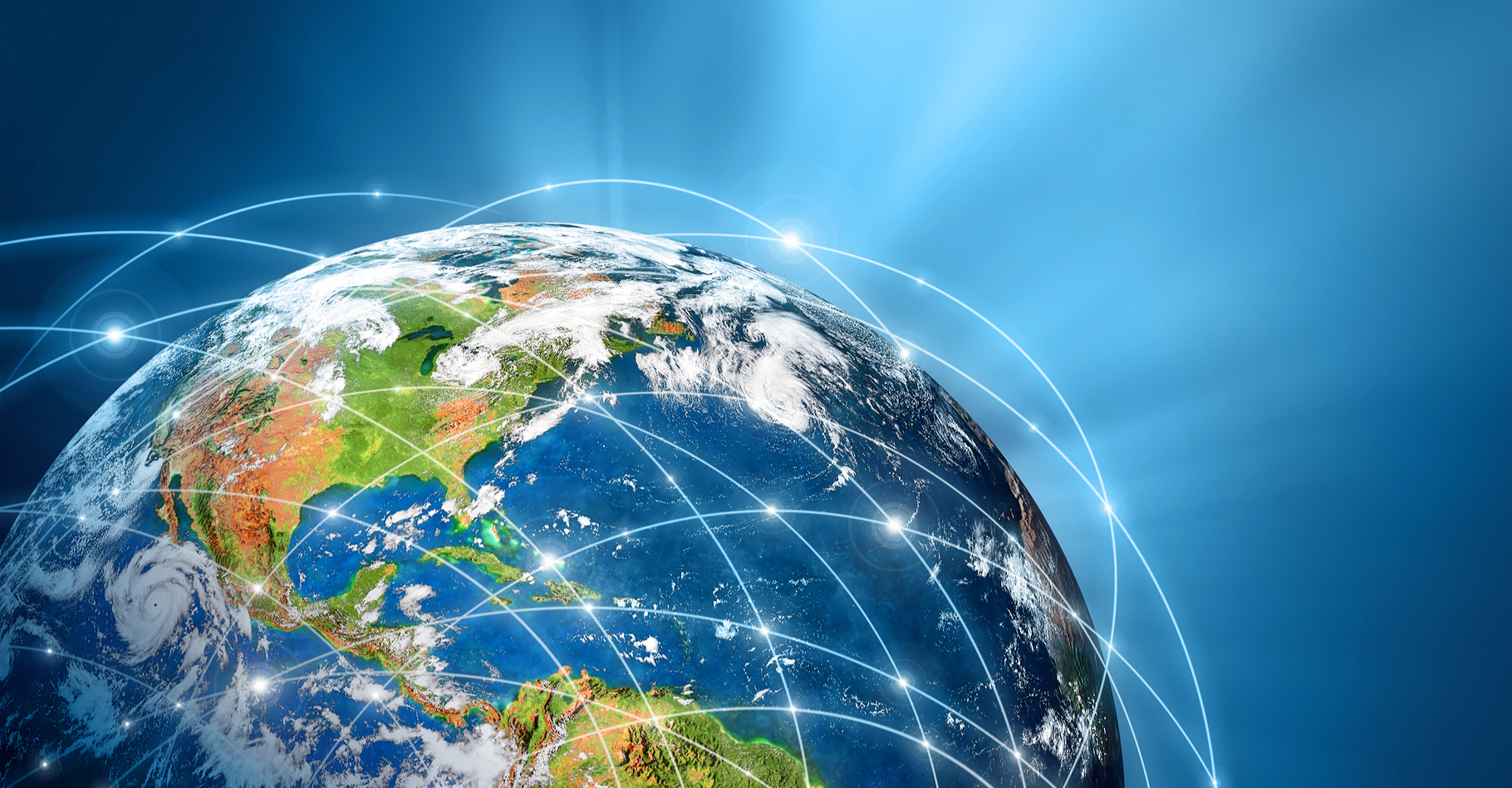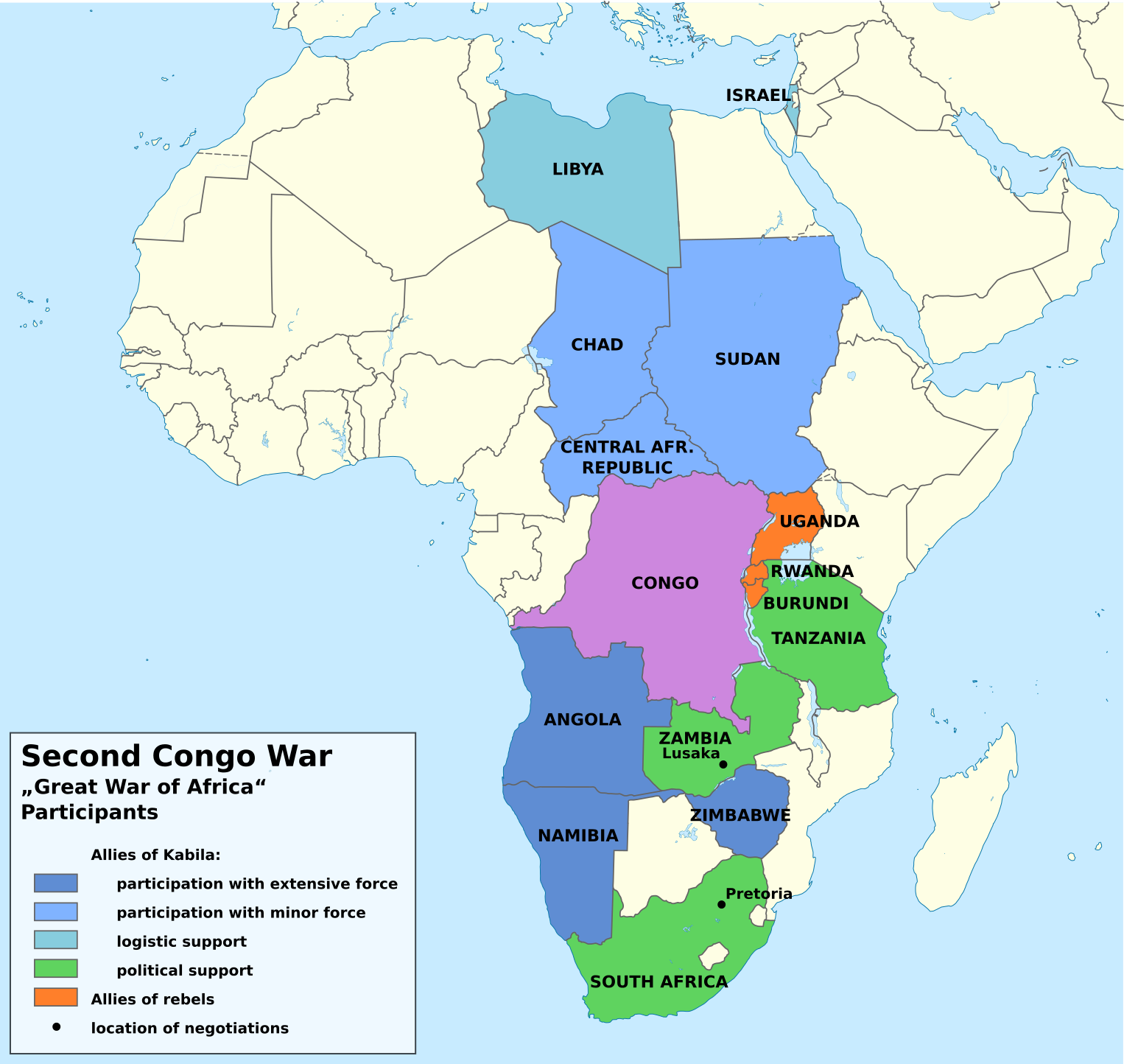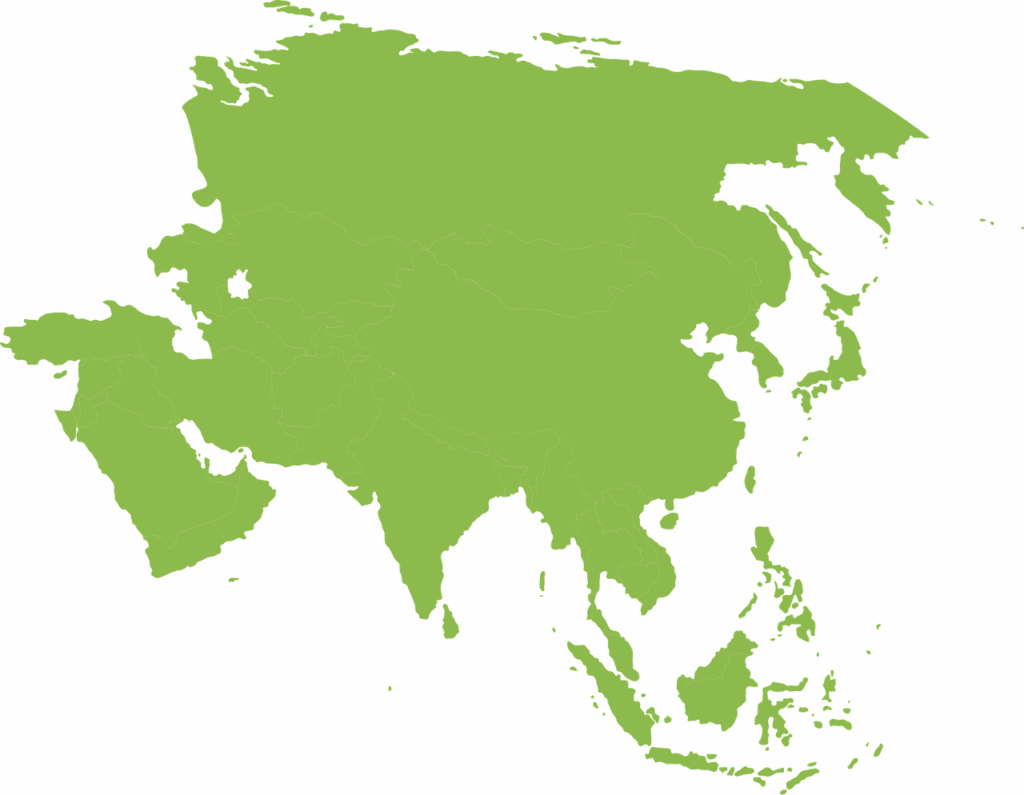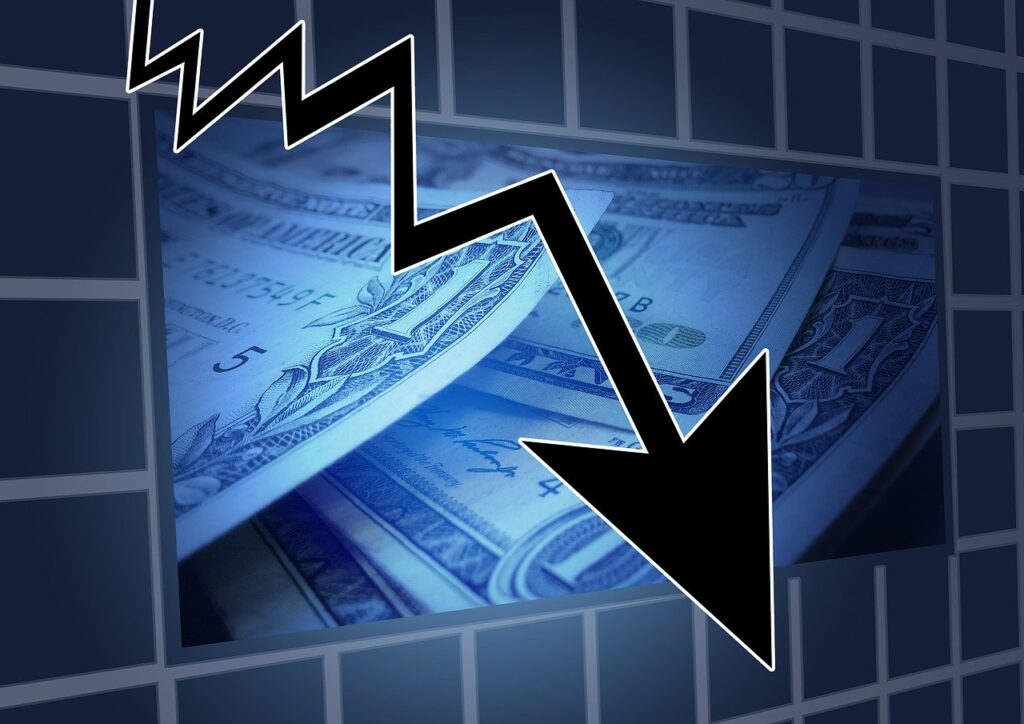
Remember the turn of the millennium? That exhilarating, slightly terrifying jump into a brand-new century? Well, buckle up, because we’re taking a deep dive back into the 2000s – often called the ‘aughts’ or ‘noughties’ – a decade that kicked off on January 1, 2000, and waved goodbye on December 31, 2009. If you thought the 90s were wild, the 2000s were like the internet-fueled, politically charged, culturally explosive older sibling who truly set the stage for the world we live in today.
This wasn’t just any decade; it was a period of breathtaking change, where global powers shifted, technology exploded, and the very fabric of international relations was rewoven. From economic superpowers rising in the East to devastating conflicts that reshaped nations, and from the quiet hum of dial-up fading into the always-on buzz of social media, the 2000s truly had it all. It was a time of unprecedented connections and profound divisions, a decade where our collective understanding of the world grew exponentially, often through the screen of a newly popular website.
So, grab your vintage flip phone (if you can still find one!) and prepare for a trip down memory lane. We’re about to explore the moments, movements, and monumental shifts that didn’t just happen *in* the 2000s, but truly *defined* them. These aren’t just historical footnotes; they’re the foundational blocks of our present, shaping how we work, play, connect, and even worry about our planet. Let’s get into the incredible, sometimes intense, story of the aughts!

1. **The Rise of Emerging Economic Giants**One of the most significant shifts we witnessed in the early 2000s was the long-predicted breakthrough of economic giants in Asia. Countries like India and China weren’t just growing; they were experiencing double-digit growth for nearly the entire decade, a phenomenon that truly turned heads around the globe. This incredible expansion wasn’t just a fleeting moment; it marked a profound rebalancing of global economic power.
These two most populous countries became an increasingly dominant economic force, benefiting immensely from an economic boom that saw their influence soar. Their rapid catching-up with developed countries, however, wasn’t without its challenges. This swift ascent sparked some protectionist tensions during the period, as established economies grappled with the implications of this new dynamic. It was a clear sign that the world’s economic landscape was undergoing a monumental transformation, with new players taking center stage.
This dramatic economic development in Asia had ripple effects far beyond their borders. The increased demand and global competition stemming from their growth were partly responsible for an increase in energy and food prices towards the end of the decade. It was a tangible demonstration of how interconnected our world had become, where economic shifts in one region could influence the daily lives and costs in another, setting the stage for future global economic discussions.
Read more about: From Red Carpet to Reruns: How Streaming Reshaped Oscar Viewership and the Film Industry in a Decade

2. **The Internet Explosion and Social Media’s Dawn**The 2000s were undeniably the decade of the internet’s meteoric rise, morphing from a niche technology to a ubiquitous presence in daily life. Kicking off the decade with just 6.7% of the world population connected, it soared to an astonishing 25.7% by 2009. This phenomenal growth fundamentally contributed to globalization, allowing for faster and more widespread communication among people across continents, shrinking the world in ways previously unimaginable.
This era also heralded the arrival of social networking sites, revolutionizing how people stayed in touch from distant locations, as long as they had internet access. Myspace, a true cultural phenomenon of its time, reigned as the most popular social networking website for much of the decade, a digital hub for connecting with friends, discovering music, and expressing individuality. However, its dominance was eventually challenged, with Facebook dramatically overtaking it in number of American users by June 2009, signaling a new chapter in online interaction.
Beyond social networking, the internet landscape was rapidly evolving in other ways. Email solidified its position, increasingly replacing traditional ‘snail mail’ as the primary method for sending letters and messages, underscoring its efficiency and reach. Search engines and information hubs also reached new heights of popularity, with Google, YouTube, Ask.com, and Wikipedia all emerging to become among the top 10 most visited websites globally. Even e-commerce saw a major shift as Amazon overtook eBay in 2008 as the most-visited online shopping destination, while older giants like AOL, Excite, Lycos, and even MSN saw significant declines in their once-unassailable popularity, demonstrating the ruthless pace of digital innovation.
Product on Amazon: Awakening Giants, Feet of Clay: Assessing the Economic Rise of China and India
Binding: Kindle Edition Product Group: Digital Ebook Purchas
Price: 18.14 USD
Rating: 4.5 Total reviews: 11
Shopping on Amazon >>
3. **9/11 and the Genesis of the War on Terror**Without question, the September 11 attacks in 2001 stand as a defining, tragic moment of the 2000s, reshaping global politics and society with harrowing force. Nearly 3,000 lives were lost in coordinated terrorist acts in New York City, at The Pentagon in Arlington County, Virginia, and in Shanksville, Pennsylvania. The images of that day were seared into collective memory, creating an immediate and profound sense of vulnerability and a global call for action against terrorism.
In the immediate aftermath, the United States, with robust support from NATO and other allies, launched what became known as the ‘War on Terror.’ This comprehensive campaign encompassed several ideological, military, and diplomatic efforts. Its stated aims were to put an end to international terrorism by preventing groups identified as terrorist – primarily Islamist groups such as al-Qaeda, Hezbollah, and Hamas – from posing threats to the U.S. and its allies, and to eradicate state sponsorship of terrorism worldwide.
While initially a broad global effort, the term ‘War on Terror’ quickly became mostly associated with the Bush administration-led wars in Afghanistan and Iraq. These interventions, launched following the September 11 attacks carried out by al-Qaeda, generated extreme controversy around the world. Questions regarding the justification for certain U.S. actions led to a significant loss of support for the American government, both domestically and internationally, highlighting the complex and deeply divisive nature of this new era of global conflict.
Read more about: Robert Jay Lifton: A Psychiatrist’s Profound Journey Into Humanity’s Extreme Situations and the Quest for Understanding Evil, Dead at 99

4. **The Iraq War and its Controversial Legacy**Following the intense global shockwaves of 9/11, the Iraq War became another pivotal, and highly controversial, international conflict of the 2000s. In 2003, a United States-led coalition, which included the United Kingdom, Spain, Australia, and Poland, initiated an invasion and subsequent occupation of Iraq. This military action led to the swift end of Saddam Hussein’s long and often brutal rule as Iraqi President and the disbanding of the Ba’ath Party in Iraq, fundamentally altering the country’s political landscape.
A primary justification for the invasion was the claim that Iraq possessed weapons of mass destruction (WMDs). However, these allegations were later found to be unproven, sparking widespread international debate and fueling the controversy surrounding the war. Despite the regime change, the conflict did not end with the initial invasion; it quickly devolved into widespread violence, characterized by insurgent attacks against coalition forces, intense sectarian clashes between many Sunni and Shia Iraqi groups, and the rise of al-Qaeda operations within Iraq.
The human cost of the Iraq War was immense, leaving a tragic legacy of loss and instability. Between March 2003 and April 2009, approximately 110,600 casualties were recorded, a stark reminder of the conflict’s devastating impact on human lives. The war also culminated in a dramatic end for Saddam Hussein himself, who was eventually sentenced to death and hanged on December 30, 2006, marking the definitive closure of a contentious era in Iraqi history but opening doors to new challenges.
Read more about: Phil Mickelson’s Elite Fleet: A Deep Dive into the Golf Champion’s Rare Cars, Private Jet, and Lavish Lifestyle

5. **The Second Congo War: Africa’s World War**While global attention was often fixed on the Middle East, the 2000s also saw the formal conclusion of the Second Congo War, a conflict that earned the chilling epithet of “Africa’s World War” or the “Great War of Africa.” Predominantly fought in the Democratic Republic of the Congo, this was by far the widest interstate war in modern African history, directly involving nine African nations and an estimated twenty armed groups. Its immense scale and complexity meant it reshaped the geopolitical landscape of an entire continent.
The sheer human tragedy of the Second Congo War is almost unfathomable. An estimated 3.8 million people died during the conflict, making it the deadliest since World War II. The vast majority of these deaths were not directly from combat but from the devastating indirect consequences of the war: widespread starvation and disease, as infrastructure collapsed and access to basic necessities became impossible. It was a humanitarian crisis of epic proportions, often overshadowed by other global events, yet leaving an enduring scar on the region.
Beyond the staggering death toll, millions more people were displaced from their homes, forced to flee for their lives and seek asylum in neighboring countries, creating vast refugee crises. The conflict, which officially concluded in July 2003, left a legacy of instability, trauma, and profound challenges for peace and development in the Democratic Republic of the Congo and the wider Great Lakes region. It stands as a stark reminder of the devastating consequences of prolonged and complex internal and international conflicts.

6. **Climate Change Takes Center Stage**The 2000s marked a pivotal moment for environmental awareness, as climate change and global warming transitioned from scientific theory to common, pressing global concerns. Throughout the decade, prediction tools made significant progress, allowing scientists to better understand and project the impacts of a warming planet. This increased scientific clarity provided a crucial foundation for more robust policy discussions and public engagement.
UN-sponsored organizations, most notably the Intergovernmental Panel on Climate Change (IPCC), gained considerable influence during this period, bringing scientific consensus to the forefront of international policy. Key studies, such as the Stern Review, played a critical role in influencing public support for recognizing and accepting the substantial political and economic costs associated with countering climate change. The global temperature unequivocally kept climbing throughout the decade, reinforcing the urgency of these warnings.
By December 2009, the World Meteorological Organization (WMO) made a stark announcement: the 2000s had likely been the warmest decade since records began in 1850, with four of the five warmest years since that date occurring within this very decade. These findings were later echoed and corroborated by leading scientific bodies like NASA and the NOAA, solidifying the scientific consensus on global warming. Beyond the gradual warming, the decade also saw major natural disasters, including Cyclone Nargis in 2008 and significant earthquakes in Pakistan (2005) and China (2008). Most tragically, the deadliest natural disaster and most powerful earthquake of the 21st century occurred in 2004, when a 9.1–9.3 earthquake and its subsequent tsunami struck multiple nations in the Indian Ocean, claiming an estimated 230,000 lives, a devastating reminder of nature’s power and the growing impact of climate-related events.
Okay, so we’ve already zipped through some of the biggest game-changers of the early 2000s, from economic powerhouses rising to the internet taking over our lives, and the heavy geopolitical shifts like 9/11 and its aftermath. But guess what? The ‘aughts’ weren’t done dropping bombshells. This decade was absolutely brimming with events that continued to reshape our world, hitting us with everything from financial meltdowns to cinematic magic and groundbreaking video games. It was a rollercoaster, truly!
Now, let’s dive into the next chapter of this wild ride and unpack even more of the aughts’ incredible legacy. From the global economy hitting a major snag to the way we consumed entertainment changing forever, and even more critical conflicts and shifting world maps, get ready to see how this decade truly set the stage for our modern existence. Seriously, the ripple effects are still being felt today, proving that the 2000s were anything but boring. So, let’s keep exploring!
Product on Amazon: Cold War Navy SEAL: My Story of Che Guevara, War in the Congo, and the Communist Threat in Africa
Binding: Kindle Edition Product Group: Digital Ebook Purchas
Price: 14.99 USD
Rating: 4.4 Total reviews: 433
Shopping on Amazon >>
Read more about: Market Reconfiguration: Examining Why Leading EV Brands from 2023 Face New Pressures in 2024’s Evolving Landscape
7. **The 2008 Global Financial Crisis: When the Economy Hit the Skids**Just when we thought we’d seen it all, the latter part of the 2000s threw a curveball that shook the entire planet: a worldwide economic downturn. It wasn’t just a little blip; this crisis kicked off with a major housing and credit crunch in the United States in late 2007. Suddenly, the financial world, which had seemed so robust, began to show some serious cracks, leading to concerns about the stability of the global system.
This wasn’t just a minor hiccup in the markets. The issues in housing and credit quickly spiraled, leading to the unthinkable – the bankruptcy of some of the biggest names in banking and financial institutions. It was like watching a house of cards tumble, and the effects were felt far beyond Wall Street. This wasn’t just an American problem, either; the crisis quickly spread its icy grip across the industrialized world, showing just how interconnected our economies had become.
The outbreak of what became known as the 2008 financial crisis wasn’t merely a bad quarter for businesses; it sparked a period aptly named the Great Recession. This meant job losses, foreclosures, and a general sense of unease about the future for millions of people. It highlighted the vulnerabilities of our global economic systems and forced a serious rethink of financial regulations and practices, leaving a lasting impact on how we view economic stability.

8. **Cinematic Revolution and Digital Transformation: Movies Get a Major Upgrade**The 2000s weren’t just about economic shifts and new ways to connect online; they were also a golden era for film, especially with the incredible leap in computer-generated imagery (CGI). Remember being absolutely wowed by the visuals in 2001’s *Shrek* or the stunning underwater world of 2003’s *Finding Nemo*? These animated masterpieces weren’t just blockbusters; *Finding Nemo* even became the best-selling DVD of all time, showcasing how digital effects were becoming central to storytelling.
But the cinematic revolution didn’t stop there. Anime films, long a beloved genre in Japan, started gaining serious traction and exposure outside their home country, with the beautiful and critically acclaimed *Spirited Away* leading the charge. This was a huge moment for global cinema, opening doors for diverse storytelling to reach new audiences worldwide. It truly broadened our horizons beyond traditional Hollywood fare.
And let’s not forget the docs! Documentary and mockumentary films became incredibly popular throughout the decade, with titles like *March of the Penguins*, *Super Size Me*, *Borat*, and *Surf’s Up* drawing huge crowds and sparking conversations. Michael Moore’s *Fahrenheit 9/11* even became the highest-grossing documentary ever in 2004, proving that audiences were hungry for compelling, real-world (or comically real-world) narratives. The decade closed with a bang as 2009’s *Avatar* became the highest-grossing film of all time, pushing the boundaries of CGI and 3D technology even further. Plus, online films started to take off, and the big move to digital cinema began, forever changing how movies were made and shown.

9. **The Golden Age of Gaming: Press Start on a New Era**If you were a gamer in the 2000s, you know this was a truly legendary decade! It was like a non-stop parade of iconic consoles that shaped how we played. We got the PlayStation 2, which became a household name, alongside Microsoft’s entry into the console wars with the original Xbox, and Nintendo’s charming GameCube. Seriously, so many epic games were born on these systems, creating countless hours of entertainment.
And then came the next generation of powerhouses! The latter half of the decade blessed us with the Xbox 360, the PlayStation 3, and the revolutionary Wii. Remember trying to get your grandma to swing a virtual tennis racket or bowl a strike on *Wii Sports*? That game wasn’t just fun; it was the decade’s best-selling console video game, bringing gaming to an entirely new demographic and proving that gaming could be for everyone.
But the fun wasn’t just confined to the living room! Portable gaming absolutely exploded with the Game Boy Advance, which let us take our favorite titles on the go. Nintendo then hit us with the Nintendo DS, with its dual screens and innovative touchscreen, followed by Sony’s sleek PlayStation Portable (PSP). The best-selling portable game of the decade, *New Super Mario Bros.*, perfectly encapsulated the joy of gaming in your pocket, making long car rides and commutes much more bearable. What a time to be alive for gamers!
10. **Literary Blockbusters and Cultural Phenomena: Stories That Captivated Millions**Beyond the silver screen and gaming consoles, the 2000s were also a fantastic time for bookworms, with some truly unforgettable literary sensations. One author, in particular, absolutely dominated the decade: J. K. Rowling. Thanks to the sheer magic and enduring popularity of her *Harry Potter* book series, she was crowned the best-selling author overall for the entire decade. It’s hard to imagine a childhood in the 2000s without waiting eagerly for the next installment of Harry’s adventures!
While Rowling took the overall crown, she actually came in second for the best-selling *individual* book. That honor went to *The Da Vinci Code*, a thrilling page-turner that had everyone talking and debating its mysteries. These two powerhouses alone show just how much people loved to get lost in a good story, whether it was fantastical magic or a modern-day puzzle.
And let’s not forget the music that formed the soundtrack to our lives! *Billboard* magazine, the ultimate authority on all things music, fittingly named Eminem the music artist of the decade. His raw lyrical talent and impactful albums resonated deeply with audiences, cementing his status as a cultural icon of the 2000s. From epic wizarding tales to gripping thrillers and revolutionary rap, the decade truly delivered on the cultural front!

11. **The Darfur Conflict: A Humanitarian Crisis That Demanded Attention**While the world grappled with wars in the Middle East, a deeply troubling conflict unfolded in the Darfur region of western Sudan, starting in 2003. This wasn’t just a localized skirmish; it was an armed conflict that saw the Sudan Liberation Movement/Army (SLM/A) and the Justice and Equality Movement (JEM) take up arms. They accused the government of oppressing black Africans in favor of Arabs, sparking a tragic and prolonged struggle.
The conflict pitted rebel groups, mainly from non-Arab Muslim ethnic groups like the Fur, Zaghawa, and Masalit, against the Sudanese military and the Janjaweed militia. The Janjaweed, recruited mostly from Afro-Arab Abbala tribes, became a symbol of the devastating violence. This tragic clash led to millions of people being displaced from their homes, forced to flee for their lives and leaving behind everything they knew.
The human cost was immense, though estimates vary widely. Sudanese authorities claimed around 19,500 civilian deaths, while organizations like the Coalition for International Justice claimed over 400,000 had been killed. Former U.S. President George W. Bush publicly called the events in Darfur a genocide, and the U.S. Congress unanimously passed a resolution declaring it a state-sponsored genocide by the Janjaweed. In 2008, the International Criminal Court even charged Omar al-Bashir with genocide for his role, highlighting the severe international condemnation of the atrocities committed.

12. **Shifting Geopolitical Landscape: New Independences and Nuclear Standoffs**The 2000s were a fascinating time for the global map, witnessing some significant shifts in national sovereignty. East Timor, for instance, finally regained its independence from Indonesia in 2002, a culmination of a long struggle since Portugal initially granted it independence in 1975. Then, in 2006, Montenegro gained independence from Serbia, finally bringing an end to the 88-year history of Yugoslavia. And in 2008, Kosovo declared its independence from Serbia, although this move remained, and still is, unrecognized by many countries around the world. These events truly redefined borders and national identities, showing that history was still very much in motion.
But it wasn’t just about new nations emerging; the decade was also marked by increasing nuclear tensions that kept the world on edge. Iran’s nuclear program became a major point of contention with Western nations from 2005 onwards, fueled by suspicions that its civilian technology could be diverted to a weapons program. This led to the UN Security Council imposing sanctions and deepening Iran’s economic isolation, even as the U.S. Director of National Intelligence projected Iran wouldn’t get a nuclear weapon until 2013 if it chose to pursue one.
Remember the allegations that Iraq had weapons of mass destruction? The 2003 invasion was launched based on these claims, which were later found to be unproven, sparking intense global debate. Meanwhile, North Korea successfully conducted two nuclear tests in 2006 and 2009, sending shivers down spines globally. And in 2007, “Operation Orchard” saw Israel bomb what was believed to be a Syrian nuclear reactor, suspected of being built with North Korean aid, further escalating regional tensions. The symbolic Doomsday Clock even moved four minutes closer to midnight in this decade, a stark reminder of the ever-present threat of nuclear annihilation. It truly was a decade where the world felt simultaneously more connected and more on edge.
Whew, what a ride through the 2000s! From the rise of new global powers and the internet taking over our lives to economic upheavals, a gaming renaissance, and truly world-altering conflicts and geopolitical shifts, the ‘aughts’ were a decade like no other. It was a time of incredible innovation, profound challenges, and cultural moments that shaped an entire generation. Looking back, it’s clear that the foundations of our modern world were laid during these ten years, proving that sometimes, you really do have to look back to understand where you’re going. So, next time you hear a throwback track from the 2000s, take a moment to appreciate just how much history was being made, one flip phone call and social media post at a time!






